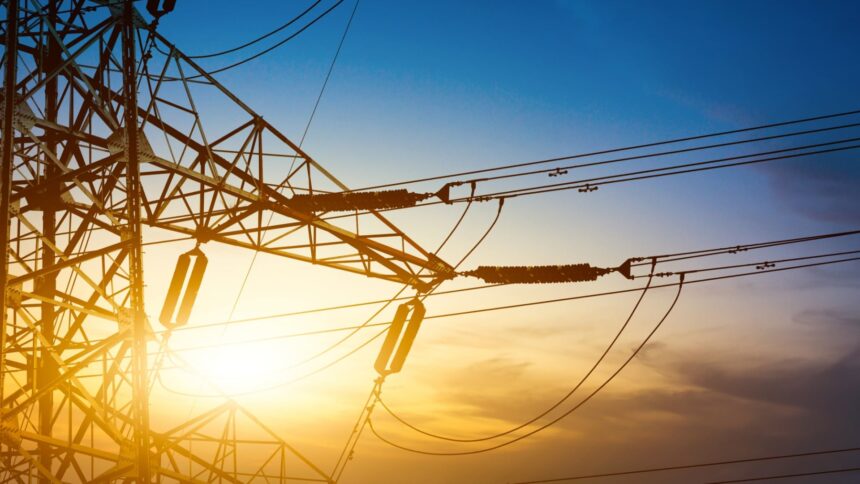KATIMA MULILO – The Ministry of Mines and Energy has allocated N$17.8 million towards electricity projects in the Zambezi region for this financial year.
Energy minister Tom Alweendo revealed this during a meeting with the Zambezi Regional Council’s leadership at Katima Mulilo on Monday.
He implored the regional leadership to expeditiously release funds to electrify peri-urban areas in the region.
Alweendo said Zambezi and most of the regions in the country are lagging behind in terms of rural electrification at an average of below 50% due to insufficient resources. He emphasised that electricity is no longer a luxury, but a necessity that no one can live without, and no development can take place without it.
The minister thus encouraged the Zambezi regional leadership, Nored
and NamPower to ensure that the funds allocated are utilised appropriately for the benefit of the residents. In total, the mines and energy ministry received a budget of N$120 million for electrification projects.
“Therefore, from the planning to the execution, let’s make sure that we do not come to a situation where we have money unspent, yet we have people who need to be provided with electricity.
I urge all the planners to make sure that we utilise the budget as provided, and make sure that people do get the electricity that they deserve,” said Alweendo.
The engagement furthermore provided an opportunity for Alweendo to discuss the ministry’s Rural Electrification Master Plan, which aims to bring electricity to public institutions and households in rural areas across the country.
He called on constituency councillors and other leaders to ensure that they channel their electrification requests through the regional council, instead of each constituency submitting its own.
This was in reference to some of the letters he received from some councillors, requesting the electrification of some areas in their constituencies.
During the visit, the minister highlighted other stakeholder challenges faced during the implementation of the Rural Electrification Master Plan, particularly delays caused by resources’ constraints. To address these challenges, the ministry prioritised the electrification of essential public institutions, including schools, clinics, churches and police stations as a strategic measure to achieve universal access to electricity.
At the same engagement, Zambezi governor Lawrence Sampofu noted that there are 10 schools in the Zambezi region without electricity, and that there is a need to electrify schools in the flood-prone areas first. This is because flood-prone areas are very difficult to work in due to seasonal flooding.
Acting Nored CEO Toivo Shovaleka said the plan for the flood-prone areas was initially to install solar panels, but community members from those areas declined the off-grid option, citing the climatic conditions.
He noted that for this financial year, Nored will electrify Katima Mulilo’s Choto extensions seven and eight, as well as the Bukalo and Kongola Shack Dwellers Federation houses.
*Aaron Mushaukwa is an information officer in the MICT in the Zambezi region.



